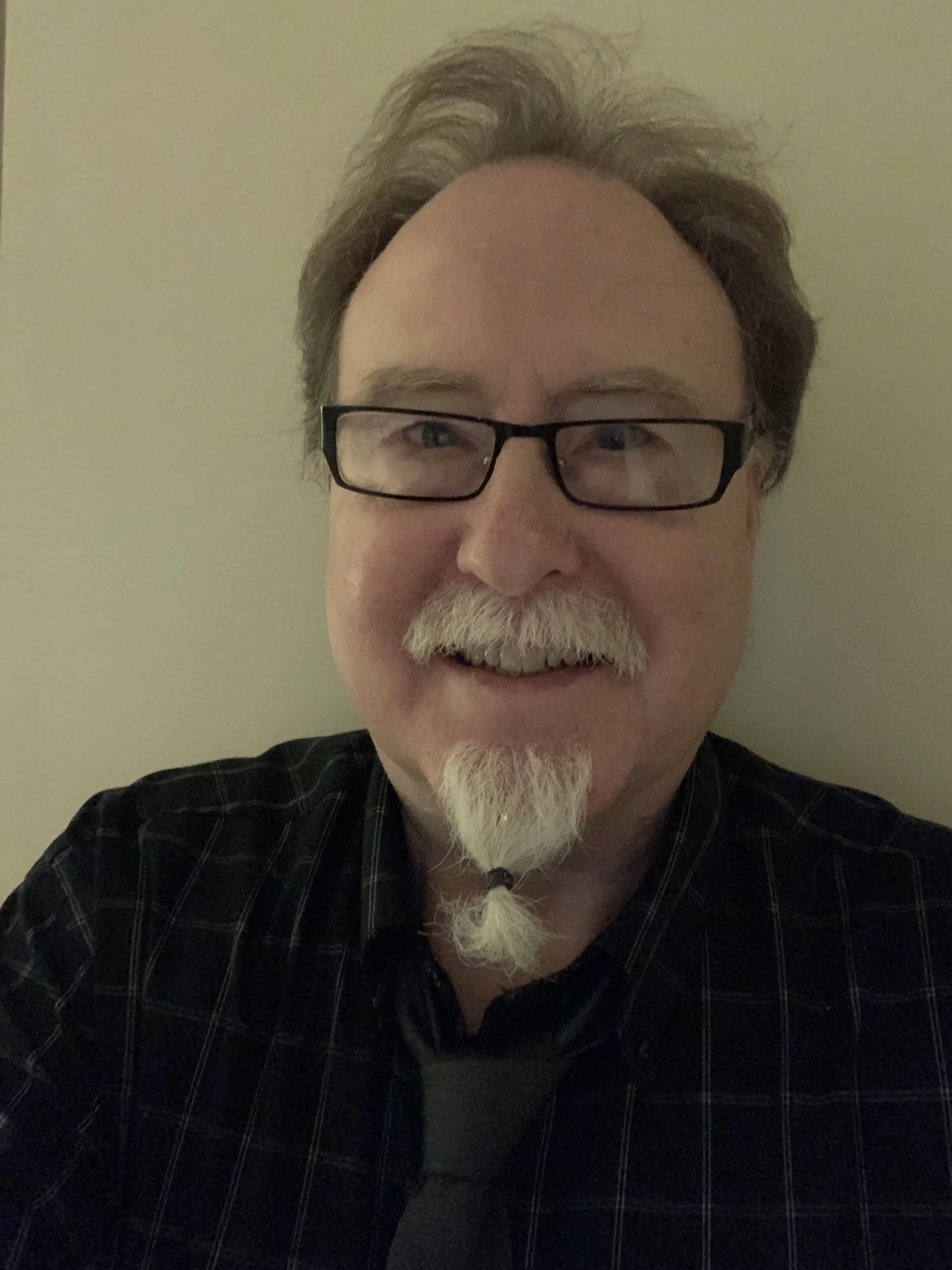“The poem “Declaration” reminds me of what “Song of Myself” would be like if it were written by a millennial.”
Three poems in C.M. Crockford’s new chapbook Mark The Place took me immediately to Walt Whitman’s “Song of Myself” in Leaves of Grass:
I celebrate myself, and sing myself,
And what I assume you shall assume,
For every atom belonging to me as good belongs to you.
Whereas Whitman’s poem is generally positive throughout, Crockford’s poetry balances the scales between wonderment and doom. In the opening poem “Declaration,” the poet announces his presence to the world: “I howled out my love on the rooftop / begging all to hear the words.”
Even though the poet is “howling” from the rooftop, there is still some hesitation as the words come “stumbling from his mouth.” Crockford writes that he cannot “catch his breath” yet the “exaltation” he feels “crashed / and died with such a beautiful smile / next to fear”.
The joie de vivre in “Declaration” is tinged with a somber realization that no one out there really cares. The poet looks to the moon for a sign, but “[i]t did not speak.” And in the end, he surrenders to a worldly existential angst, saying of the moon’s mute response: “That was enough.”
The poem “Battle Cry,” which appears near the end of the chapbook, harkens back to “Declaration” in both its intensity and its use of the word howl in its opening lines: “Born howling / I claw through empire / carved from the remains / of a lost Kingdom.”
Crockford is 28 years old, and this poem, along with “Declaration,” reminds me of what “Song of Myself” would be like if it were written by a millennial. The poet states that despite the challenges of life — “the struggle for breath / the burst of pain / the raw affliction of the heart/” — he will choose “to fight again”.
Millennials are taking on a lot of fear and anxiety about the plight of the world and what might be in store for them as they age: the environment, social security, Medicare, etc. “If you’re paying attention at all, especially in America, you’re pretty scared,” Crockford told me in an interview.
In the third poem that has a hint of Whitman, titled “Birthright,” the poet again wants to assert his voice, or more accurately, his right to have a voice. I again think of Whitman, tinged with Jean-Paul Sartre, as Crockford says: “Here I stand / a halting voice. /Senses awake / in disorder.”
Part of Crockford’s “disorder” no doubt is due to his being on the autism spectrum, a fact he states in his biography. In the poem “Sensory,” he describes for us what it’s like inside his brain:
The clapping hands
(cannon fire)
thousands of them
battering his skull—
sharp sickening shocks—
Year ago, I read a book by Temple Grandin, PhD, the grande dame of autism, and she described her inability to control sensory input as like having a thousand locomotives come at you at once. I would think that Crockford’s interesting stanza structure and spacing of words has something to do with how he hears the language.
Here’s an example of word spacing from “Hush falls…”
but not the birds no.
the nuthatches chickadees
who fly flock feed
among the dreaming
Crockford’s skills of poetic observation are everywhere. In the poem “Run,” he uses the song “Born to Run” by Bruce Springsteen as a springboard to ask where should “trumps” like him run: “the ones who can’t find a job, can’t drive / bred for the age of hate and desperation?”
In “Agonizing Love,” the poet describes the pain he feels at his inability to help those less fortunate than him.
The raw faces at subway stations
whose hands I want to hold while
asking, “are you alright?”
Crockford was born and raised in New Hampshire (“I’m always aware of nature.”) He’s lived on the West Coast, and has been in Philadelphia since 2017. He makes his living as a writer. This is his second published chapbook, and his poems have appeared in several journals. He cohosts a podcast, and writes pop culture criticism and fiction.
Some of the poets who have influenced him include William Blake, e.e. cummings, Edgar Allan Poe, Sharon Olds, Whitman, William Butler Yeats, John Keats, and Pablo Neruda.
Crockford begins the chapbook with a quote from Blake’s “Jerusalem”:
I must Create a System, or be enslave’d by another Man’s
I will not Reason & Compare: my business is to Create
He ends the chapbook with a poem influenced by Blake called “Summer Rising.” This poem, in four parts, recounts in lovely language different aspects of summer. It also contains my favorite phrase: joy free of hesitation. It’s an ecstatic, transcendental moment. Crockford remembers diving off cliffs in New Hampshire as a boy. “years later /returned / he wonders if God / was there / disguised as / the cliffs / the streams / the Green / or if it wasn’t just joy / free of hesitation.
Mark The Place contains the poetic observations of a man who is restless, discontent, and searching for answers. We get a sense that he has found some peace of mind in the poem “Standard Man,” where Crockford lists all the ways he’s begun to settle down. We can only hope that he continues to offer us his unique interpretation of the world, wherever his restlessness may take him.
Chris Kaiser’s poetry has been published in Eastern Iowa Review, Better Than Starbucks, and The Scriblerus. It appeared in Action Moves People United, a music and spoken word project partnered with the United Nations, as well as in the DaVinci Art Alliance’s Artist, Reader, Writer exhibit, which pairs visual art with the written word. He’s won awards for journalism and erotic writing, holds an MA in theatre, and lives in suburban Philadelphia.


